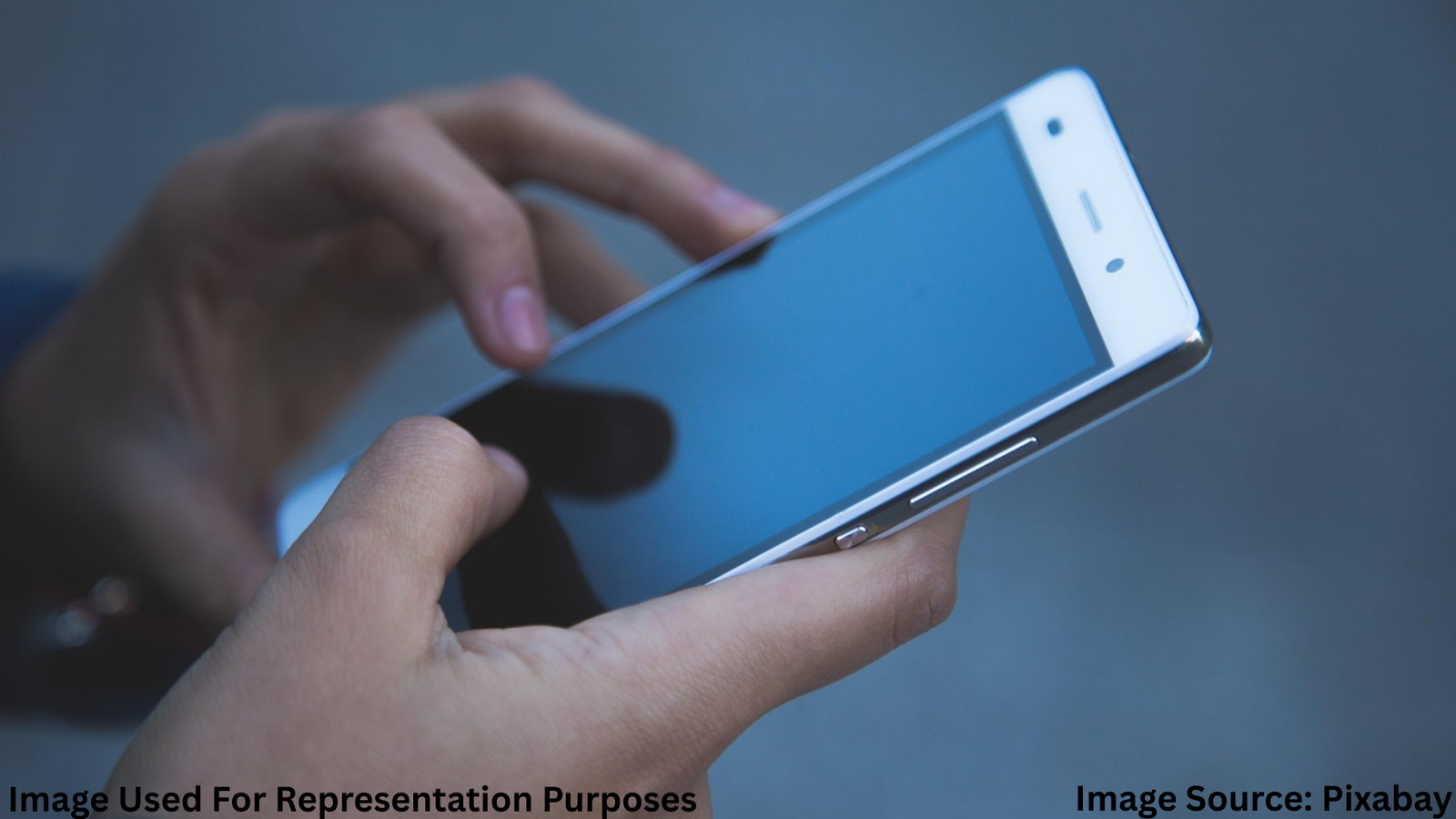
15 Ways to Break Free of Your Phone and Reclaim Your Time
15 ways to break free of your phone is not just a catchy phrase—it’s a life-changing mission. We live in a world where our smartphones are practically glued to our hands. Notifications buzz. Messages ping. Social media feeds never end. And yet, many of us know deep down that we’re missing real-life moments because we’re too busy scrolling.
In this guide, we’ll explore fifteen practical, realistic, and human-tested strategies to help you loosen your grip on your device. These aren’t abstract theories—they’re drawn from real experiences, personal anecdotes, and advice that has worked for people who once felt as tethered as you might feel now.
1. Start with Small Digital Detox Periods
Breaking free of your phone doesn’t have to be an all-or-nothing approach. Begin with 30 minutes phone-free each day. One friend of mine started by leaving her phone in the kitchen while she read in the living room. Within a week, she noticed she was more focused and calm.
2. Turn Off Non-Essential Notifications
Every buzz and ding is a distraction. By disabling unnecessary notifications—like social media likes—you reduce the temptation to check constantly. I once turned off push alerts for my favorite shopping app and realized I didn’t “need” half the sales I was buying into.
3. Replace Morning Screen Time with a Ritual
Instead of reaching for your phone first thing, try stretching, journaling, or making coffee while listening to music. The first 20 minutes of your day set the tone for everything else.
4. Use Physical Alarm Clocks
Phones double as alarm clocks, but that also means they’re the first thing you see in the morning. A basic alarm clock keeps your phone out of reach and removes temptation.
5. Create Phone-Free Zones in Your Home
Establish spaces where no devices are allowed—like the dining table or bedroom. This promotes genuine conversation and better sleep quality.
6. Schedule Social Media Check-Ins
Instead of checking apps randomly, choose specific times for social media. This turns a constant drip of distraction into a controlled activity.
7. Keep Your Phone Out of Reach
When working or relaxing, put your phone in another room. A study showed people who kept their phones away reported higher productivity and satisfaction levels.
8. Find Offline Alternatives for Entertainment
Replace scrolling with reading, puzzles, cooking, or going for walks. These activities engage your mind and body without a glowing screen.
9. Track Your Screen Time
Most smartphones now show daily and weekly screen time reports. Use these to identify problem areas and set goals for reduction.
10. Practice Mindful Phone Use
Before unlocking your phone, ask yourself: “Why am I picking this up?” If there’s no clear reason, put it back down.
11. Declutter Your Apps
Delete apps you don’t use or those that consume too much time. Out of sight, out of mind works surprisingly well.
12. Engage in More Face-to-Face Interactions
Instead of texting, call someone or meet in person. Building real connections fills the emotional gap that often drives compulsive phone use.
13. Keep a “Boredom List”
When boredom hits, we often grab our phones. Keep a list of offline activities—like organizing a drawer or doodling—that you can do instead.
14. Reward Yourself for Progress
Breaking habits is tough. Set milestones—like a week of reduced screen time—and reward yourself with a special treat or experience.
15. Seek Accountability
Tell friends or family about your plan to break free of your phone. They can encourage you and help keep you on track.
Real-Life Story: How I Cut My Phone Use in Half
Last year, I averaged over five hours of screen time daily. My turning point came during dinner with my grandmother. She was telling me a story from her youth, and I absentmindedly glanced at my phone. She stopped mid-sentence and said, “If you’re too busy for me, I can just go watch TV.” That hit hard. I committed to change and followed several of the steps above. Today, I average two hours of phone use and feel more present in every conversation.
Why Breaking Free Matters
Smartphones are powerful tools, but they should work for us—not the other way around. By implementing these 15 ways to break free of your phone, you’ll reclaim hours each week, reduce stress, and strengthen relationships.
Final Thoughts
Remember, breaking free is a journey. You don’t have to do everything at once. Start with one change, experience the benefits, and build from there. Over time, you’ll discover a healthier relationship with technology and a richer connection with the world around you.

Akalumhe Jefferson is a content writer with a new found interest for crafting engaging stories that transport readers to new worlds. Although no current actual background in creative writing but there’s active love for writing



